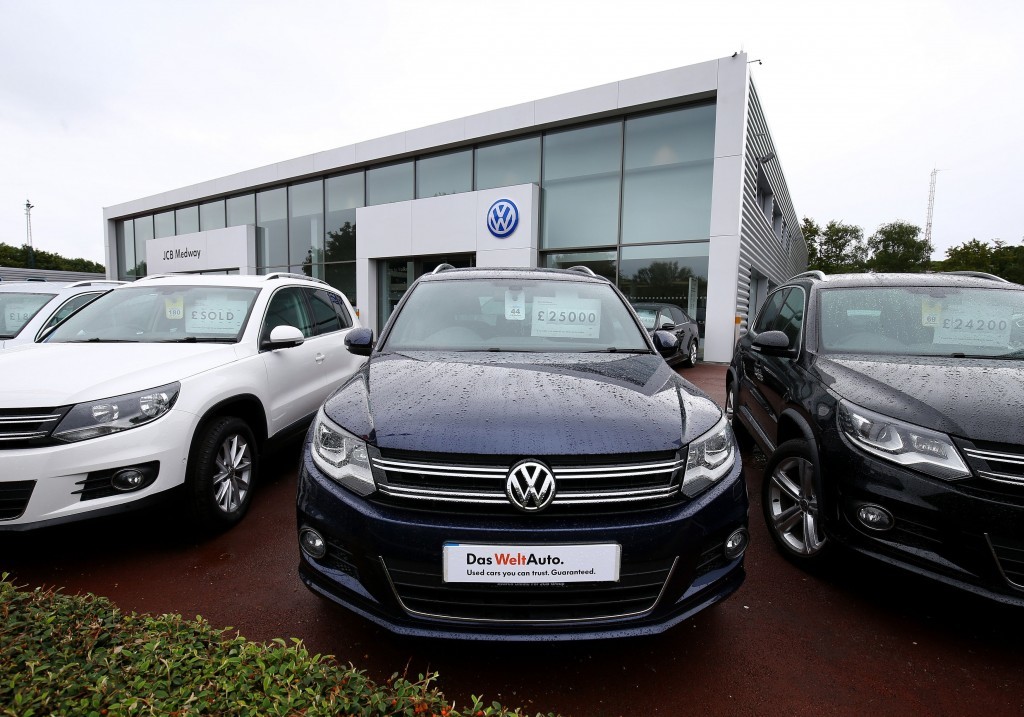
Volkswagen’s top US executive has apologised as the emissions-rigging scandal engulfing the world’s largest carmaker deepened and members of Congress said the company violated the public’s trust.
“On behalf of our company, my colleagues in Germany and myself, I would like to offer a sincere apology for Volkswagen’s use of a software program that served to defeat the regular emissions testing regime,” Volkswagen of America chief executive Michael Horn told a House subcommittee.
Calling the company’s admission “deeply troubling”, Mr Horn said: “We have broken the trust of our customers, dealerships and employees, as well as the public and regulators.”
As Mr Horn began his evidence, politicians from both parties fondly recalled their first VWs and then laid into the company for betraying the public’s trust.
The German carmaker admitted last month that it installed on-board computer software designed to cheat on government emissions tests in nearly 500,000 of its four-cylinder “clean diesel” cars starting with the 2009 model year.
Fred Upton, chairman of the House Energy and Commerce Committee, said Volkswagen “has long enjoyed an almost cultish following dating back to the Beetle. But through the years something apparently became rotten in Wolfsburg and cheating and betrayal became part of the VW game plan”.
Tim Murphy, chairman of the subcommittee on oversight and investigations, said “the behaviour to which VW admitted represents a fundamental violation of public trust”.
Mr Horn, a 51-year-old German and veteran VW manager who took the reins of the brand’s American subsidiary last year, told Congress that VW plans to withdraw applications seeking US emissions certifications for its 2016 model Jettas, Golfs, Passats and Beetles with diesel engines. That raised questions about whether a “defeat device” similar to that in earlier models is also in the new cars.
By withdrawing the applications for the 2016 models, VW is leaving thousands of diesel vehicles stranded at ports nationwide, giving dealers no new diesel-powered vehicles to sell. It was not immediately clear when VW would refile its application.
In Germany, prosecutors searched VW headquarters and other locations on Thursday for material that would help clarify who was responsible for the cheating. The searches were intended to “secure documents and data storage devices” that could identify those involved in the alleged manipulation and explain how it was carried out, prosecutors said.
It was unclear what the newly disclosed device found in some VW models does. Liz Purchia, a spokeswoman for the Environmental Protection Agency, said VW recently gave the agency information on an “auxiliary emissions control device”. The EPA and California Air Resources Board are investigating “the nature and purpose” of the device, she said.
VW said such devices can sense engine performance, road speed “and any other parameter for activating, modulating, delaying or deactivating” emissions controls.
The lack of certification is bad news for American VW dealers who hoped to put the new models on sale soon. For some dealerships, the diesel models accounted for about one-third of sales.
Tom Backer, general manager of Lash Volkswagen in White Plains, New York, said his dealership had lost three deals with potential buyers because he could not get the new cars.
“It’s definitely a stain on the brand’s image,” he said.
VW acknowledged the deception to US regulators on September 3. More than a year earlier, researchers at West Virginia University published a study showing the real-world emissions of the company’s Jetta and Passat models were far higher than allowed. The same cars had met emissions standards when tested in the lab.
VW was able to fool the EPA because the agency only tested the cars on treadmill-like devices called dynamometers and did not use portable test equipment on real roads. The software in the cars’ engine-control computers determined when dynamometer tests were under way. It then turned on pollution controls that reduced the output of nitrogen oxides that contribute to smog and other pollution, the EPA has said.
Only when the EPA and California regulators refused to approve VW’s 2016 diesel models for sale did the company admit earlier what it had done.